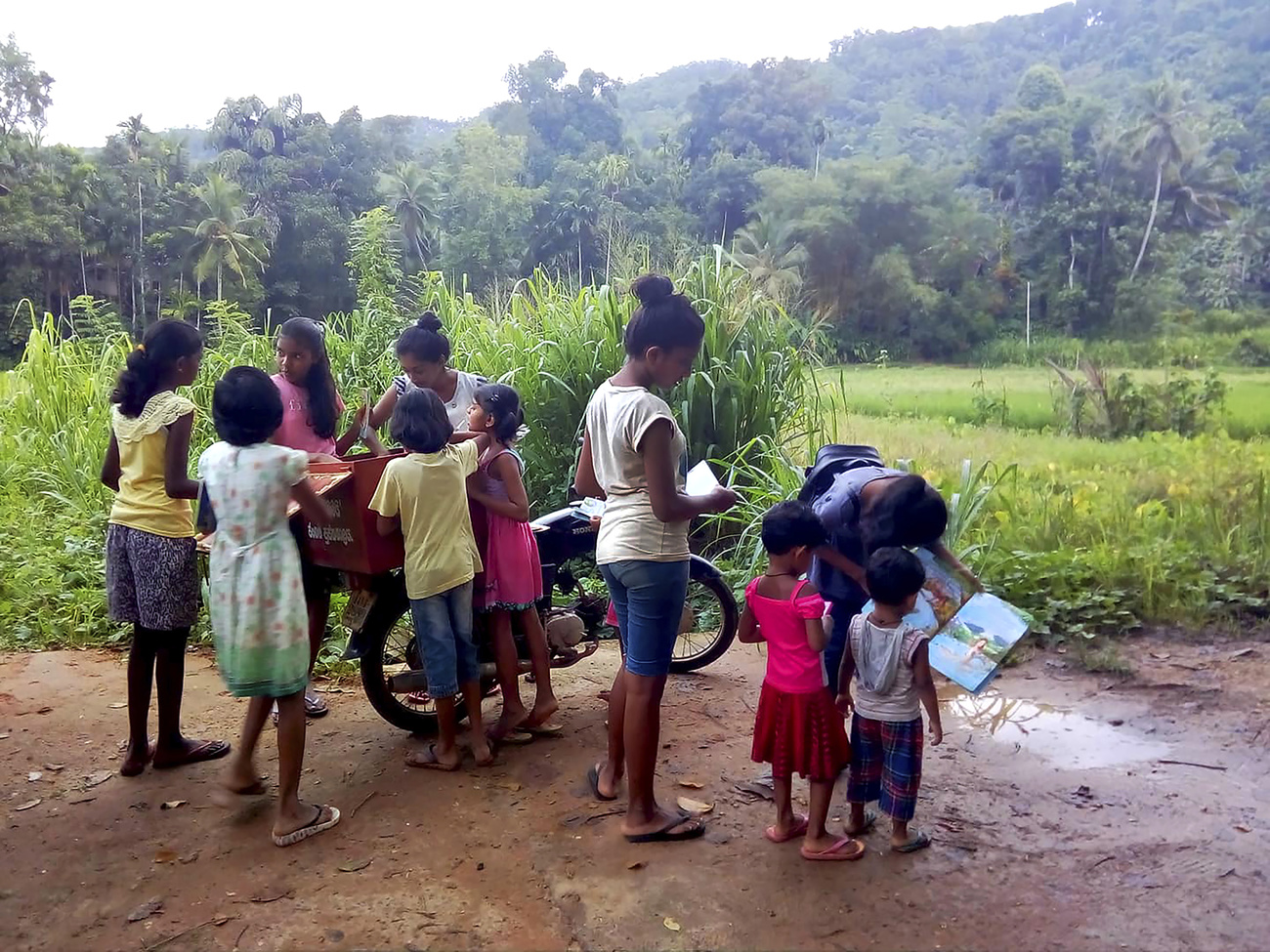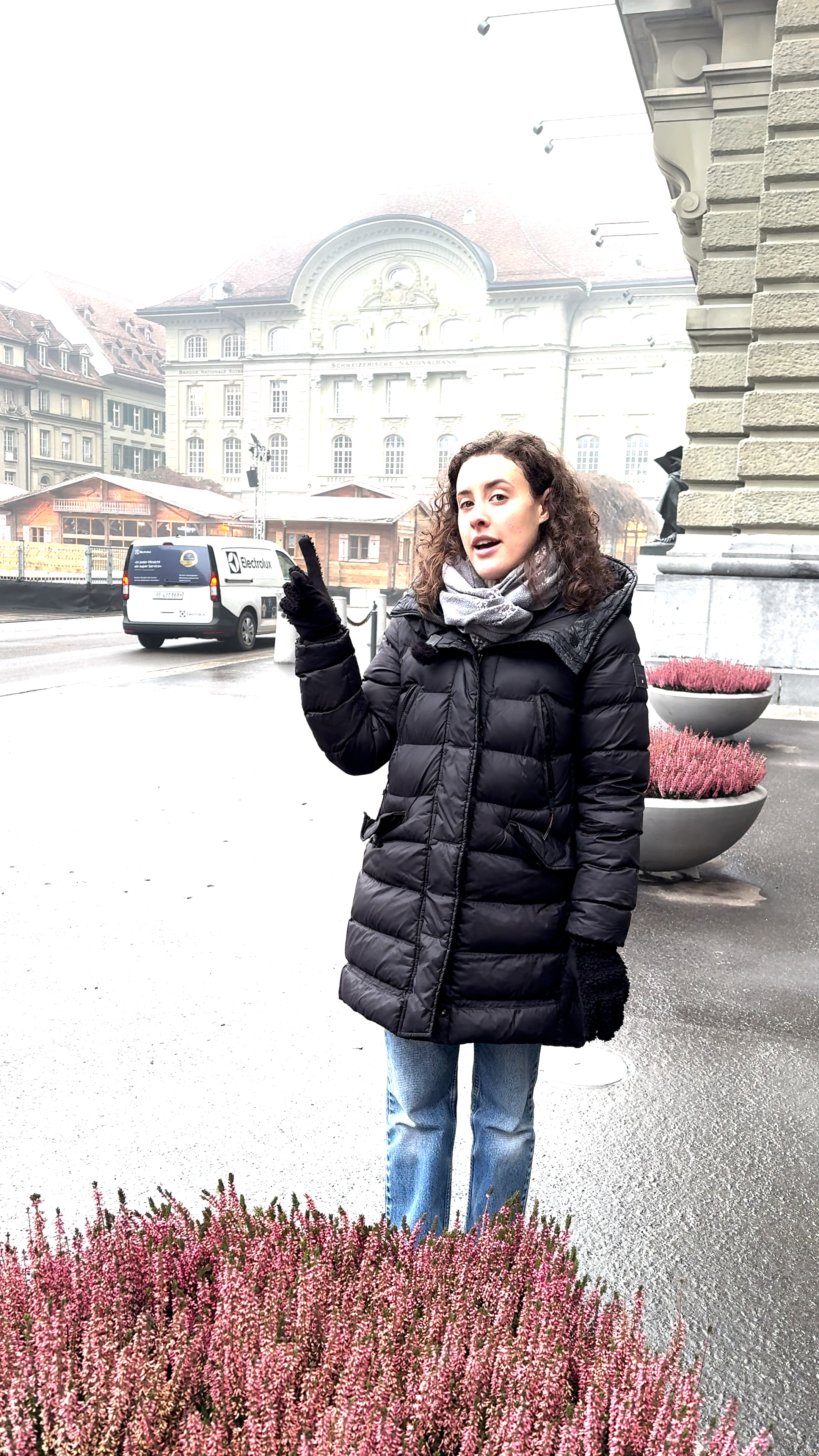
Switzerland urged to pay reparations for illegal adoptions from Sri Lanka

The UN Committee on Enforced Disappearances (CED) has called on Switzerland to conduct an impartial investigation into past illegal adoptions from Sri Lanka and pay reparations to victims.
In its review of Switzerland’s record on enforced disappearances on Tuesday, the CED raised the issue of illegal adoptions of Sri Lankan children that happened a few decades ago.
While acknowledging that the Alpine nation had accepted its failure to prevent the illegal adoptions, the committee said that a rich country like Switzerland “should do more” for these children who are now adults. Specifically, the Swiss authorities were asked to follow up on the cases to determine the gravity of the injustices committed during that period.
“The Committee urged the State party [Switzerland] to conduct thorough and impartial investigations to determine whether children adopted from Sri Lanka during the 1980s and 1990s may have been victims of enforced disappearance and wrongful removal, and whether other offences, such as falsification, concealment or destruction of identity documents were committed in these cases,” the CED stated.
The committee also recommended that Switzerland should “guarantee the right to reparation to any person who has suffered from such acts”.
Last December, the government finally admitted to oversights in adoption regulations that led to some 900 Sri Lankan children being illegally sold to Swiss parents from the 1970s to the 1990s. The admission and the internal report came three years after a parliamentary question prompted an investigation into gaps in adoption oversight.
Another report published last February by the Zurich University of Applied Sciences also revealed the extent of trafficking, which led to some 11,000 Sri Lankan children given up for adoption in European countries.

More
Switzerland regrets past Sri Lankan adoption practices
Tracking the disappeared
Also in Geneva on Tuesday, Swiss foreign minister Ignazio Cassis payed tribute on the occasion of the 150th anniversary of the founding of the Central Tracing Agency (CTA) of the International Committee of the Red Cross (ICRC).
The CTA, founded in Basel in 1870, is a centralised database, endowed with a legal mandate to help in the tracing of the hundreds of thousands of people who go missing each year throughout the world.
In Syria alone, over the period of the ongoing conflict there, 100,000 people have been reported missing, the ICRC said. In 2020, over 150,000 cases were open globally. And each day, over 20 people are united with their families thanks to the CTA.
On Tuesday, Cassis, joined by secretary of state Livia Leu, pledged to continue Swiss support for the mechanism, and also announced new efforts to form an “international alliance” to ensure that the CTA, and issue of disappeared persons, remains a humanitarian priority.

More
The people fighting to prevent enforced disappearances

In compliance with the JTI standards
More: SWI swissinfo.ch certified by the Journalism Trust Initiative






























You can find an overview of ongoing debates with our journalists here . Please join us!
If you want to start a conversation about a topic raised in this article or want to report factual errors, email us at english@swissinfo.ch.